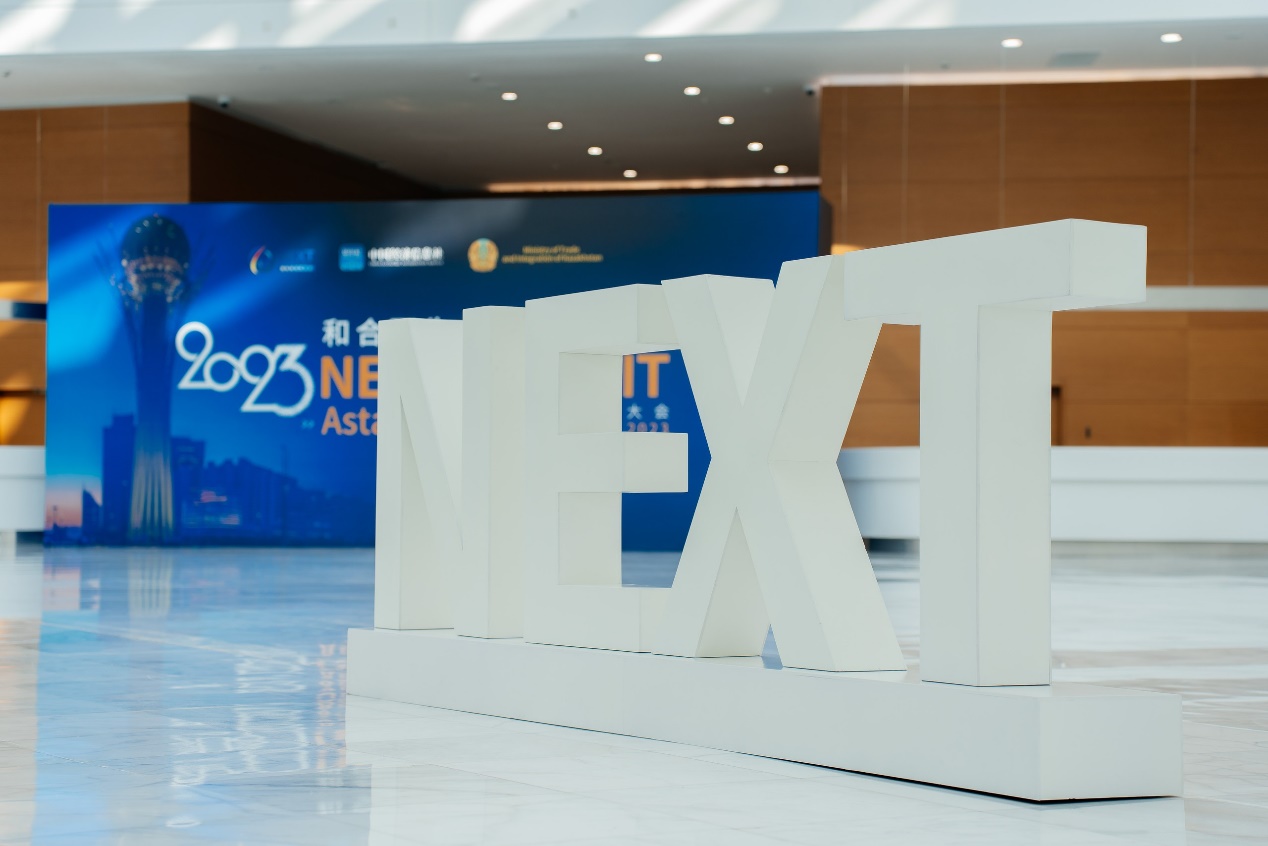In recent years, the digital economy has become a key strategic priority for many countries, with governments focusing on digital development and transformation as societies enter the digital age. Meanwhile, big data technologies and their broad applications have laid a solid foundation for the digital finance industry to expand its customer base and provide inclusive services. The emergence of next-generation information technologies and advanced software and hardware infrastructure has enabled low-cost data analysis and risk assessment in the financial sector, facilitating more efficient capital allocation and improved economic performance.
On August 21, at the “Prospects for Digital Economy Development” sub-forum of the NEXT Summit (Astana 2023), industry experts including Pan Helin, Co-Director of the Center for Digital Economy and Financial Innovation at the International Business School of Zhejiang University, Qian Jun, Deputy Director of the Culture and Media Center of Beijing Yingke Law Firm, and Fu Yuwei, Visiting Professor at Antai College of Economics and Management and Chief Information Officer of the Shanghai Electric Tool Research Institute, shared insights on new trends and experiences in the digital economy. The session was moderated by Gong Yifan, Deputy Director of the Executive Committee of the NEXT Federation.
AI and VR Driving Industrial and Societal Transformation
The digital economy, as a powerful force bridging divides, is emerging as an important feature countering “de-globalization,” with growing influence on global economic and social development. While humanity has entered the digital era, awareness of the new challenges posed by this shift remains limited.
At the forum, Pan Helin delivered a keynote speech titled “Web 3.0 and Transformation of Society, Industry, and Enterprise: Platformization and Decentralization.” He explored trends in Web 3.0 and its potential impact on society, industries, and businesses.
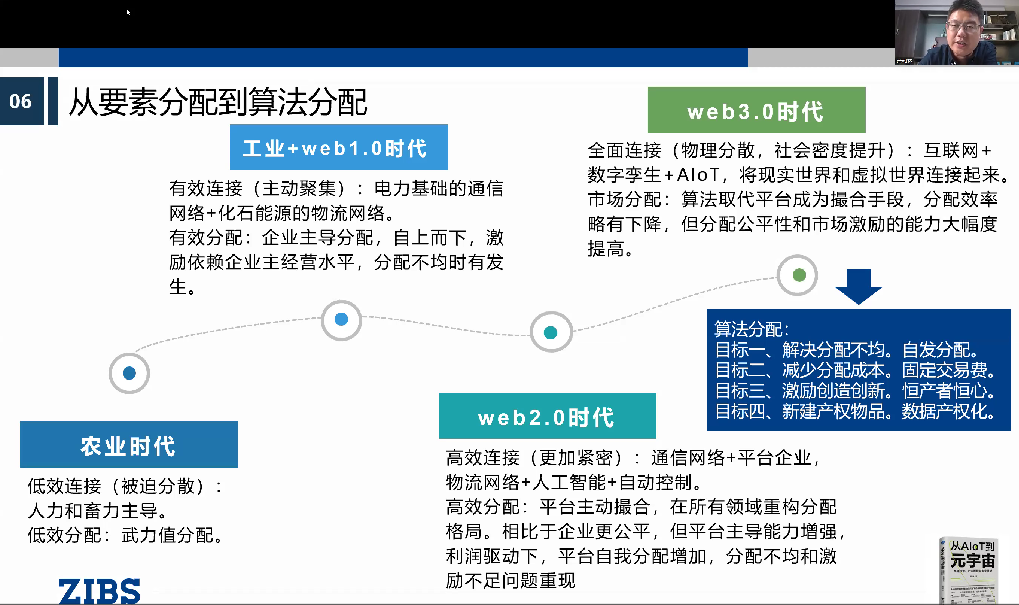
Pan highlighted that we are living in a period of major change, driven by societal transformation, technological innovation, and shifting consumer preferences. Political changes worldwide have triggered deeper public demands, while technological advancements have fundamentally altered consumption behavior. Emerging technologies such as generative AI and virtual reality (VR), central to the metaverse, will drive significant changes across industries and economies. Pan also noted shifts in consumer preferences with the rise of Generation Z and the “pandemic generation.”
Discussing digital trends, Pan emphasized the importance of Web 3.0, describing the metaverse as the future concept linking the physical and virtual worlds, creating new economic systems and connections. He outlined key metaverse components and technologies such as digital twins and mixed/virtual reality (MR/VR) in industrial applications, and decentralized systems like distributed energy networks and logistics.
He further stressed that Web 3.0 will lead transformation in society, industries, and enterprises. The metaverse’s growth, he said, will be driven by user engagement and compelling content, followed by marketing and commerce. The metaverse will also reshape workplaces and industrial production methods, attracting participants motivated by economic opportunities.
Empowering Enterprises with the SAFe Framework
As emerging digital technologies advance rapidly, empowering enterprises through effective tools has become a crucial challenge.
At the forum, Fu Yuwei gave a speech titled “Empowerment with the Lean-Agile Operating System SAFe: A Case Study,” explaining how the SAFe (Scaled Agile Framework) model helps organizations embark on new journeys in digital economic development.
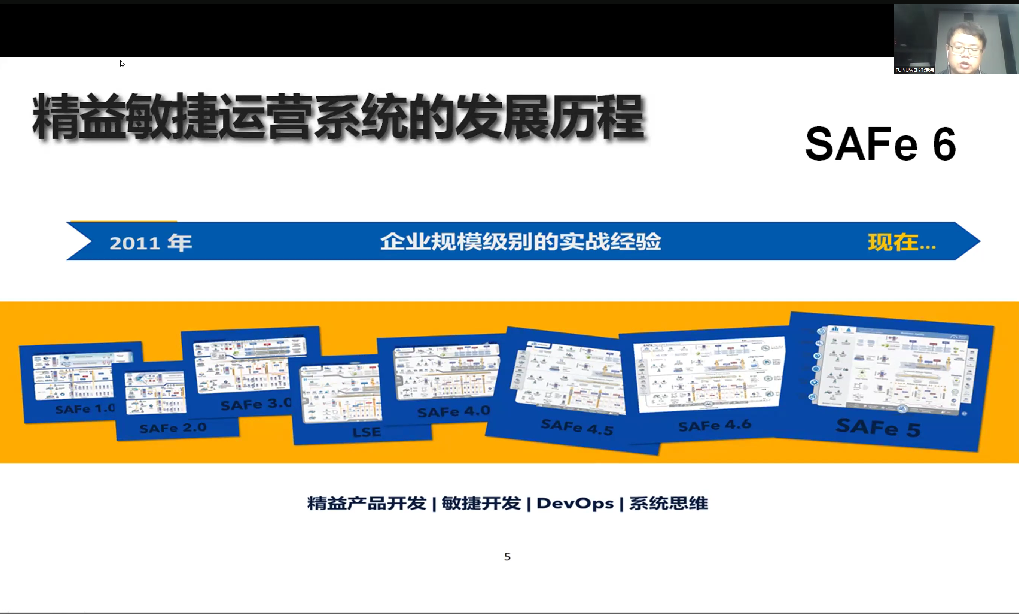
Fu provided an accessible introduction to SAFe, describing it as a lean-agile operating system applied across entire organizations. It scales agile principles beyond teams, offering structured guidance for large, complex, distributed, or highly regulated products and services. Constantly evolving through practice, SAFe updates to reflect new thinking and methodologies.
Sharing a successful case study, Fu illustrated SAFe’s pivotal role in helping enterprises achieve digital transformation, lean-agile shifts, and large-scale agile implementation. He highlighted how SAFe creates an environment balancing stability and innovation, supporting sustainable enterprise growth.
Fu concluded by outlining SAFe’s seven core competencies: enterprise solution delivery, agile product delivery, lean portfolio management, organizational agility, customer centricity, team and technical agility, lean-agile leadership, and a culture of continuous learning. He encouraged enterprises to adopt SAFe to ultimately achieve business agility.
AI in Law: Opportunities and Challenges Amid Digital Transformation
Against this backdrop of rapid digital change, artificial intelligence (AI) is creating unprecedented opportunities and challenges across industries, including the legal sector.
Addressing this trend, Qian Jun of Beijing Yingke Law Firm delivered a speech titled “Opportunities and Challenges of AI in the Legal Industry” at the sub-forum. Qian analyzed the transformative impact and potential of AI in legal services.
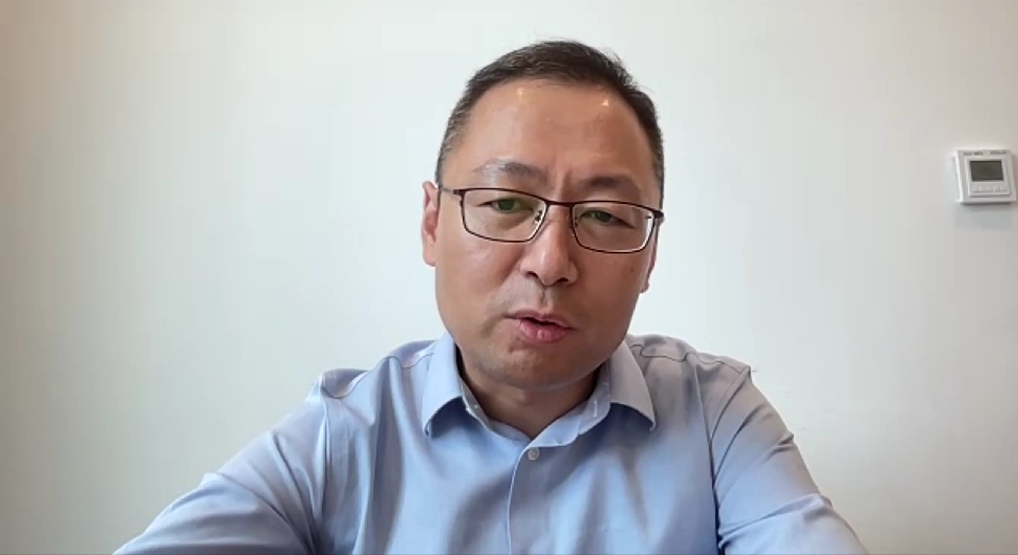
He noted that AI offers many opportunities: reducing repetitive tasks, increasing efficiency, and cutting labor costs. From case filing and hearings to drafting judgments, AI can automate complex processes and significantly boost productivity.
However, Qian also identified challenges. AI lacks empathy and human sensitivity, making it less suitable for cases requiring nuanced judgment. Additionally, “black box” algorithms may limit transparency, conflicting with principles of open justice.
Qian concluded that AI will increasingly integrate into legal services, providing more efficient, accurate, and professional support.
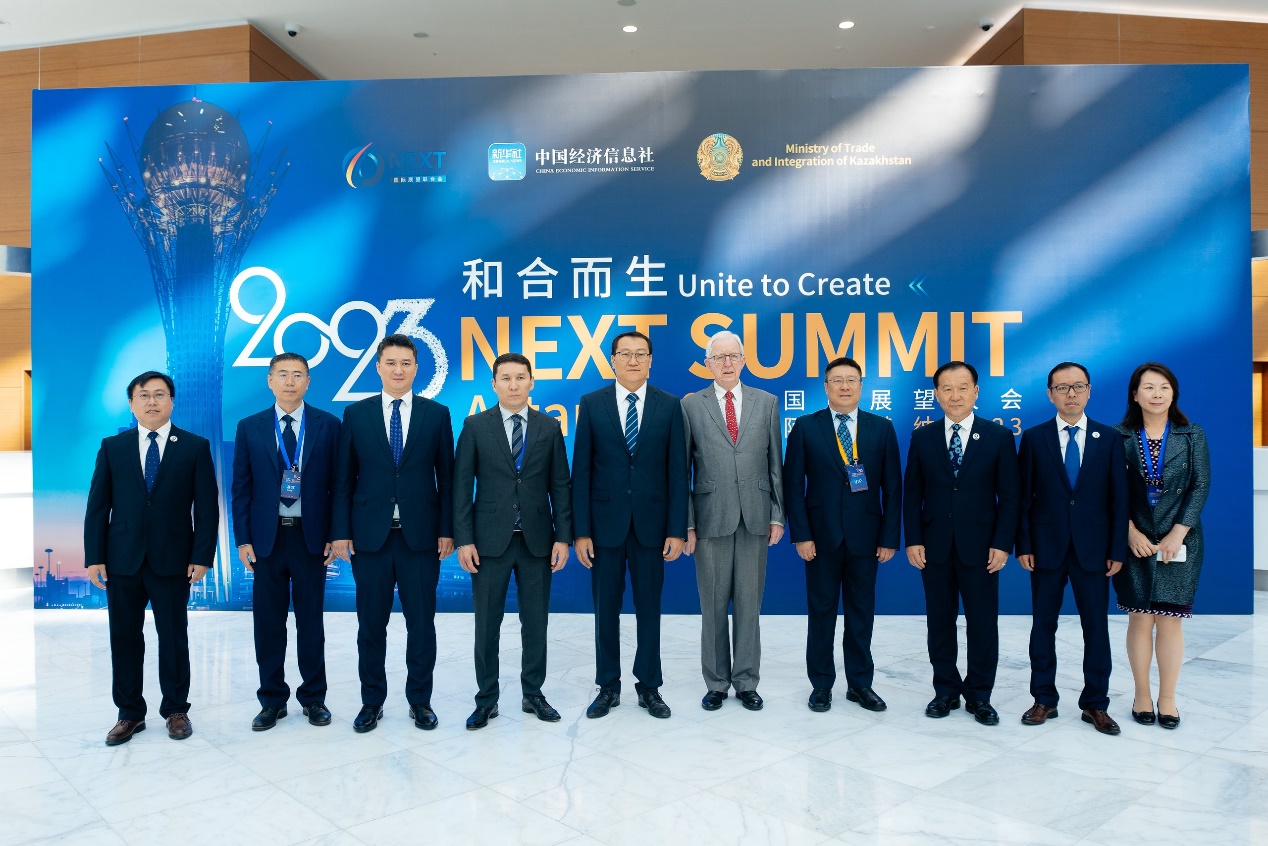
Co-hosted by the NEXT Federation, China Economic Information Service (Xinhua News Agency), and the Ministry of Trade and Integration of Kazakhstan, the 7th NEXT Summit (Astana 2023) was held under the theme “Unite to Create.” The summit aims to strengthen global confidence in innovation, cooperation, and sustainability, and to identify strategic opportunities and international project partnerships.
By providing a high-level international platform that brings together talent, knowledge, technology, and capital, the Summit facilitates the expansion of global cooperation networks and enhances the value and impact of public-private international collaboration.
The NEXT Summit has become a well-recognized brand in global dialogue and partnership. Following the GMABC model—integrating resources from Government, Media, Academia, Business, and Community—the Summit serves as a vital bridge for practical cooperation in policy dialogue, project promotion, technology exchange, talent engagement, and international communication.
For more information, please visit the official website: www.nextsummit.org
